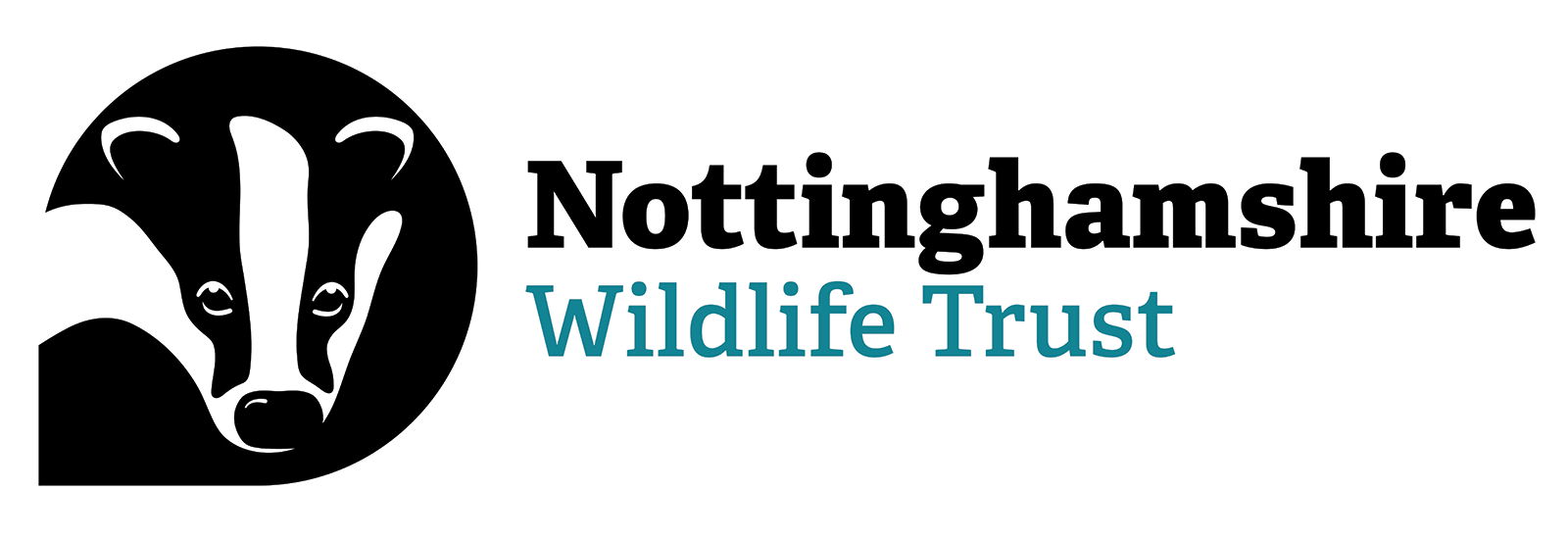The charity is currently piloting a scheme to provide advice and funding, targeted at transforming areas of arable land adjacent to designated wildlife areas, into grassland. This will reduce carbon emissions, sequester Carbon, boost habitat connectivity and create more habitat for pollinators and farmland birds, whilst also maintaining farm incomes.
The project, funded by players of People’s Postcode Lottery, is aimed at converting arable land near to known wildlife sites – designated either Sites of Special Scientific Interest (SSSI) or Local Wildlife Sites (LWS) - to help buffer them from the impacts of climate change and to reduce problems caused by habitat fragmentation, giving nature a chance to recover.
The Trust has worked with Woodside Farm at Wellow and New Holbeck Farm at Hallam to convert seven hectares of arable land to a type of grassland, known as herb-rich leys, through a process known as arable reversion. The switch reduces the amount of carbon released from the soil each year during ploughing and sowing of crops and allows the soil to absorb carbon from the atmosphere over time.
